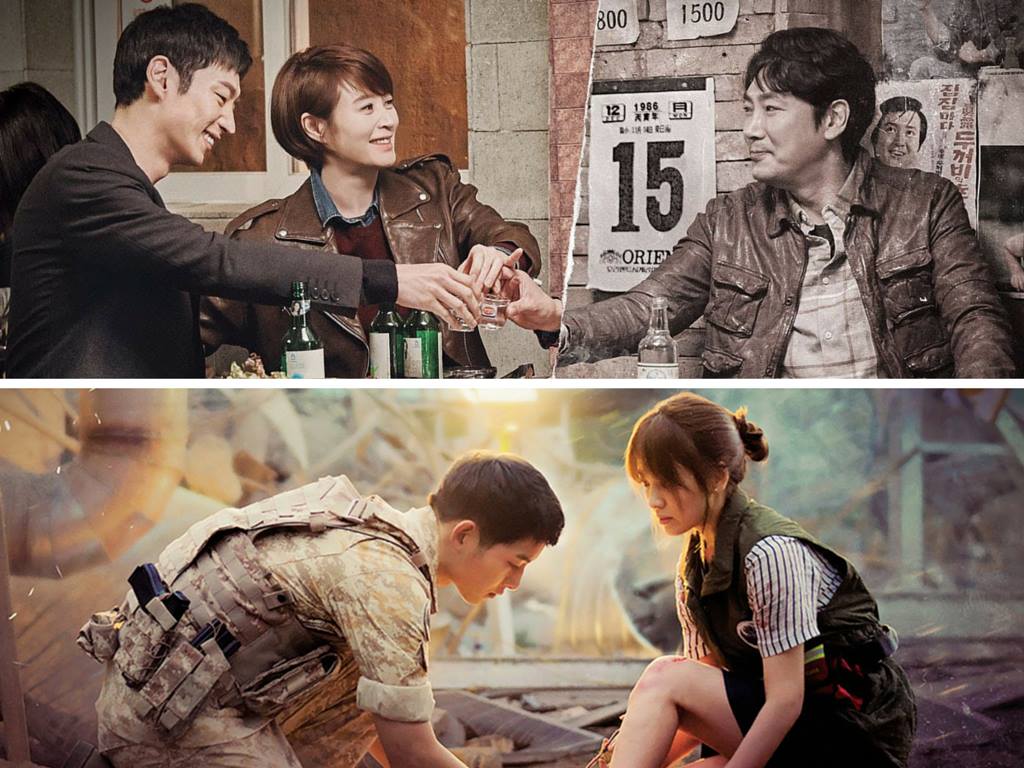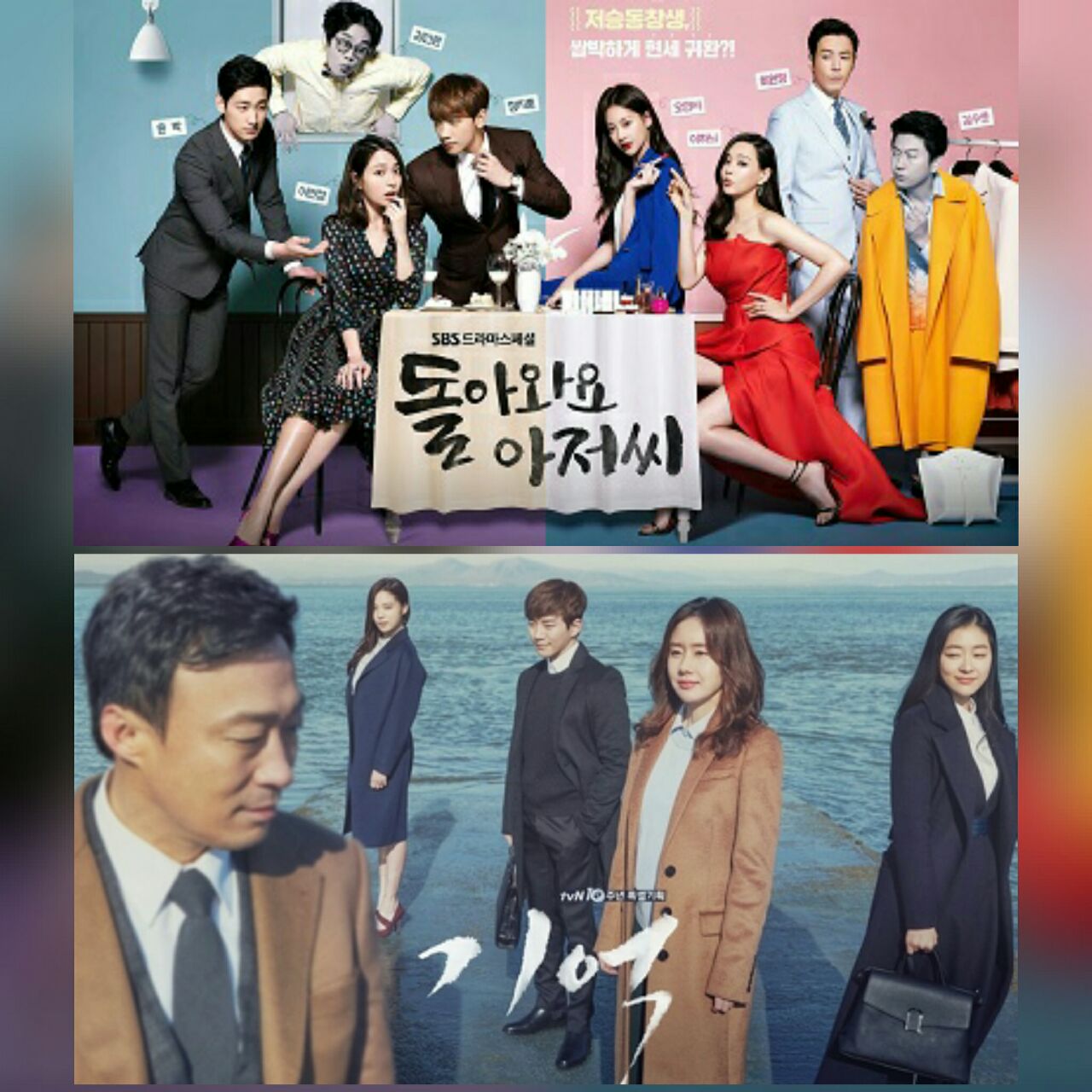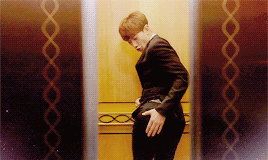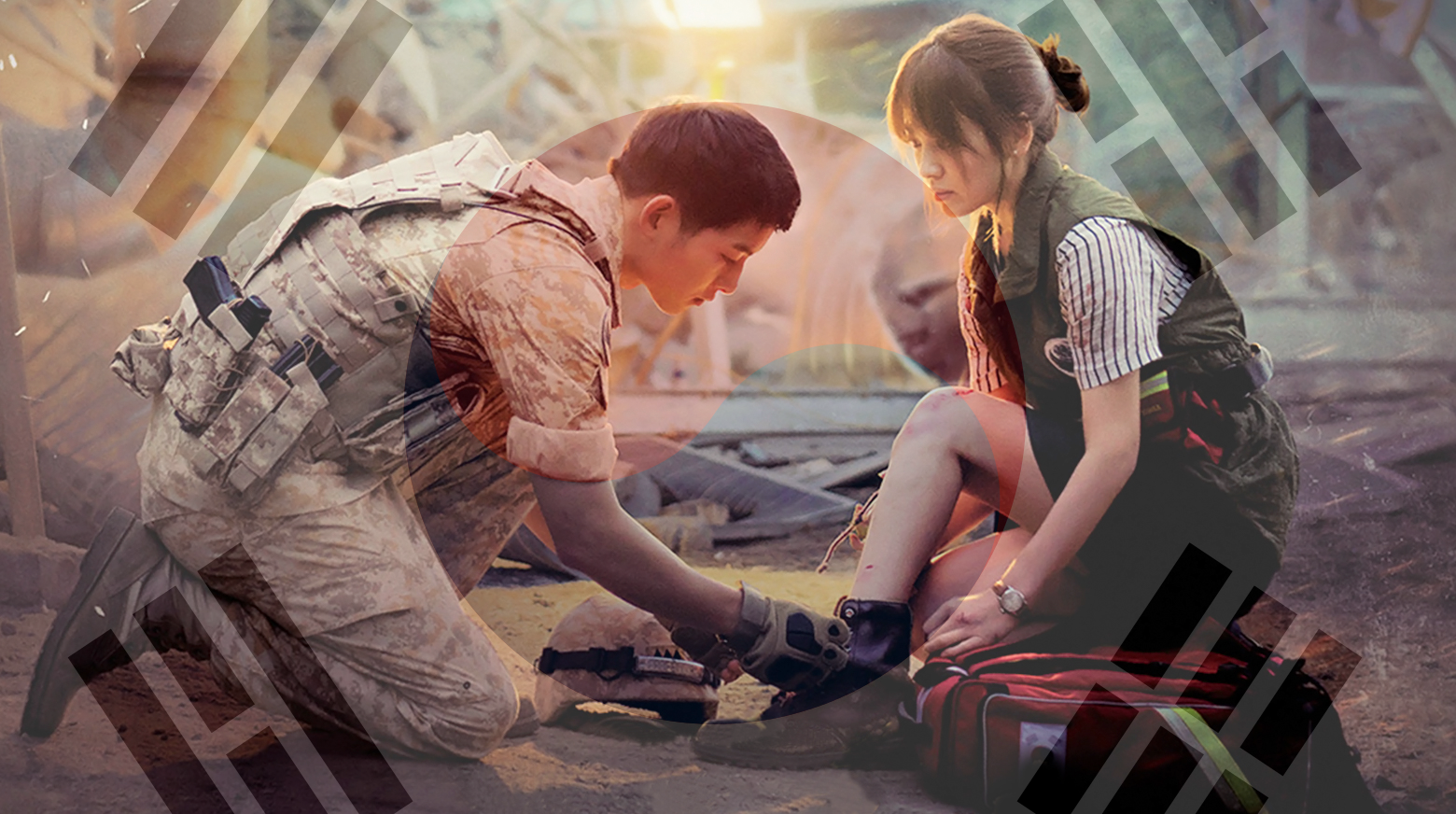Why ‘Signal’ Beat ‘Descendants of the Sun’ For Best Drama
Did you see the best drama of the year?
You might easily assume that the Baeksang Award for Best Drama of the year went to “Descendants of the Sun,” which was the most widely viewed drama. And “Descendants of the Sun” did win the Grand Prize at the June 3 awards ceremony. But the Grand Prize factors in a drama’s popularity, as well as the storyline, and performances. It was the time travel police-procedural drama “Signal” that won the Baeksang award for Best Drama overall.
“Signal” did well, ratings wise, for a cable drama (it aired on tvN), peaking at 13.54 percent of viewers for its final episode and averaging 9.19 percent throughout its run. However, it was not as popular as the primetime, broadcast drama “Descendants of the Sun.”
Yet, the series, which starred Kim Hye Soo, Lee Je Hoon, and Cho Jin Woong, managed to receive three Baeksang awards. Besides winning Best Drama, screenwriter Kim Eun Hee won the Best Screenplay award and star Kim Hye Soo won a Best Actress award for her portrayal of veteran detective Cha Soo Hyun. Kim edged out popular actress Song Hye Kyo, who played a conflicted doctor in “Descendants of the Sun.”
Also on KultScene: Tips on How to Maximize Your KCON 2016 Experience
In “Descendants of the Sun,” Song Hye Kyo and Song Joong Ki delivered some riveting romance set amid the conflicts of war. The actors provided plenty of chemistry despite the fact that the drama occasionally skimped on both character and plot development. On the other hand, character and plot development were “Signal’s” strong points.
“Signal” is the story of a police profiler in the present who hears mysterious walkie-talkie signals from a police officer in the past. The officers work together to change the past and thereby change the present.
“Signal” used the politics of the police department to tell a very moral story about the nature of responsibility. The moral of the story is that while it is not always easy to do the right thing, it’s essential. Every person must play his or her part to keep the universe functioning as smoothly as possible.
As police officers, the drama’s main characters were responsible for seeking and implementing justice. The characters played by Kim, Cho, and Lee were each scarred by multiple tragedies, which only heightened their dedication to the pursuit of justice. It made them even more sympathetic to the plight of victims as they too had been victimized.
Kim Hye Soo played a police chief who not only felt responsible for protecting the public, but also protected the memory of the only man she ever loved. For 15 years she searched for him. He was not only the man she loved: he was her hero. Her career as a police officer was a testament to his principles.
Lee Je Hoon played a criminal profiler whose childhood was twice scarred by horrible crimes. As a child, he felt guilty for not preventing a kidnapping but he also lost someone close because of injustice. He became a police officer to see justice done, although it took him a while to recognize the part he might play. When he gets messages from the past, he inherits a mission.
Also on KultScene: K-Pop Reactioner MRJKPOP talks YouTube, Producing, & Analyzing Korean Music
Finally, Cho Jin Woong played a police officer from the past whose tireless pursuit of justice became tiresome and inconvenient for officers more interested in protecting the privileged and their own privilege.
Cho’s character did not make compromises and was not prepared to look the other way when he noticed a crime. His desire to see justice done was so strong that it magically transcended time, allowing him to communicate with Lee Je Hoon’s character in the present. The lives of these characters connect in the present and the past, allowing them to transcend not only time but their own brokenness.
Each of the drama’s actors did a good job of portraying the tenuous way the characters functioned in the world despite the traumatic incidents that shaped their past. Life could have beaten them down and made them more cynical but they continued to fight for what they believed in. In the end, their connection helped to heal some scars and renew hope for a happier ending.
Unlike “Descendants of the Sun,” “Signal” does not focus on a romance, although there are moments of intense sexual chemistry between Kim Hye Soo and Lee Je Hoon as well as a sweet romance between Kim Hye Soo and Cho Jin Woong. Instead, the drama focuses on the persistence with which the characters fight for the truth.
“Signal” offers an exciting ride all the way to the end with plenty of twists and turns to keep things interesting. The only way to know why it won Best Drama at the Baeksang Awards is to watch it.
Which drama did you think deserved to win? Share your thoughts and advice in the comment section below and be sure to subscribe to the site and follow us on Facebook, Twitter, Instagram, and Tumblr to keep up with all of our posts.





